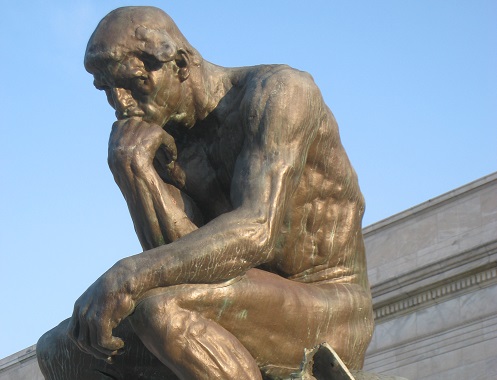
The West flourished by developing a synthesis of morality informed by faith, rationality shaped by classical philosophy, and the rule of law. Some Christians and Muslims see faith and reason as opposed – but theological schools of both religions believed the two were indispensable allies.
Samuel Gregg has written extensively about the fiction that Christians were “somehow opposed holus bolus to Enlightenment ideas.” On the contrary, Gregg wrote, after seeing “the discoveries made through enhanced use of the empirical method, Catholics shaped by [the Council of] Trent’s reforms wanted to underscore the compatibility between faith and science.”
But what of Islam? “The Muslim world at large has not had its own Enlightenment, but that doesn’t mean Muslims never developed similar ideas,” wrote Mustafa Akyol yesterday in an op-ed about the Islamic holiday of Eid al-Adha, and published by the New York Times (subsequently reposted at Cato.org).
Akyol – a regular contributor to Acton Institute publications, a faculty member of Acton University, and a senior fellow on Islam and modernity at the Cato Institute – notes that the Islamic holiday includes an animal sacrifice. However, the way Muslim thinkers interpreted the Quranic story that inspired that sacrifice – Abraham’s sacrifice of his son – has sometimes mirrored the Kantian view that religion should conform to rationality. He writes:
These were the Mu‘tazilites, members of a theological school that flourished in Iraq around the 9th century, which argued that “good” and “bad” were defined not just by divine verdicts, as their rivals claimed, but also human reason. For example, murder wasn’t bad simply because God told humans so — it was objectively bad.
The Sufi writer Ibn Arabi, of medieval Spain said that Abraham had misinterpreted his dream as a divine commandment to sacrifice his son. For that reason, Arabi wrote, “his Lord rescued his son from Abraham’s misapprehension.”
This tradition represents an ongoing call for Muslims, like their Christian counterparts, to a rational engagement with the Quran.
“[T]he lesson for Muslims is that they should be cautious about obeying what seems to be the will of God,” Akyol writes. “Our guide should be not blind obedience, in other words, but reasoned deliberation.”
You can read his full article here.
(Photo credit: Public domain.)

